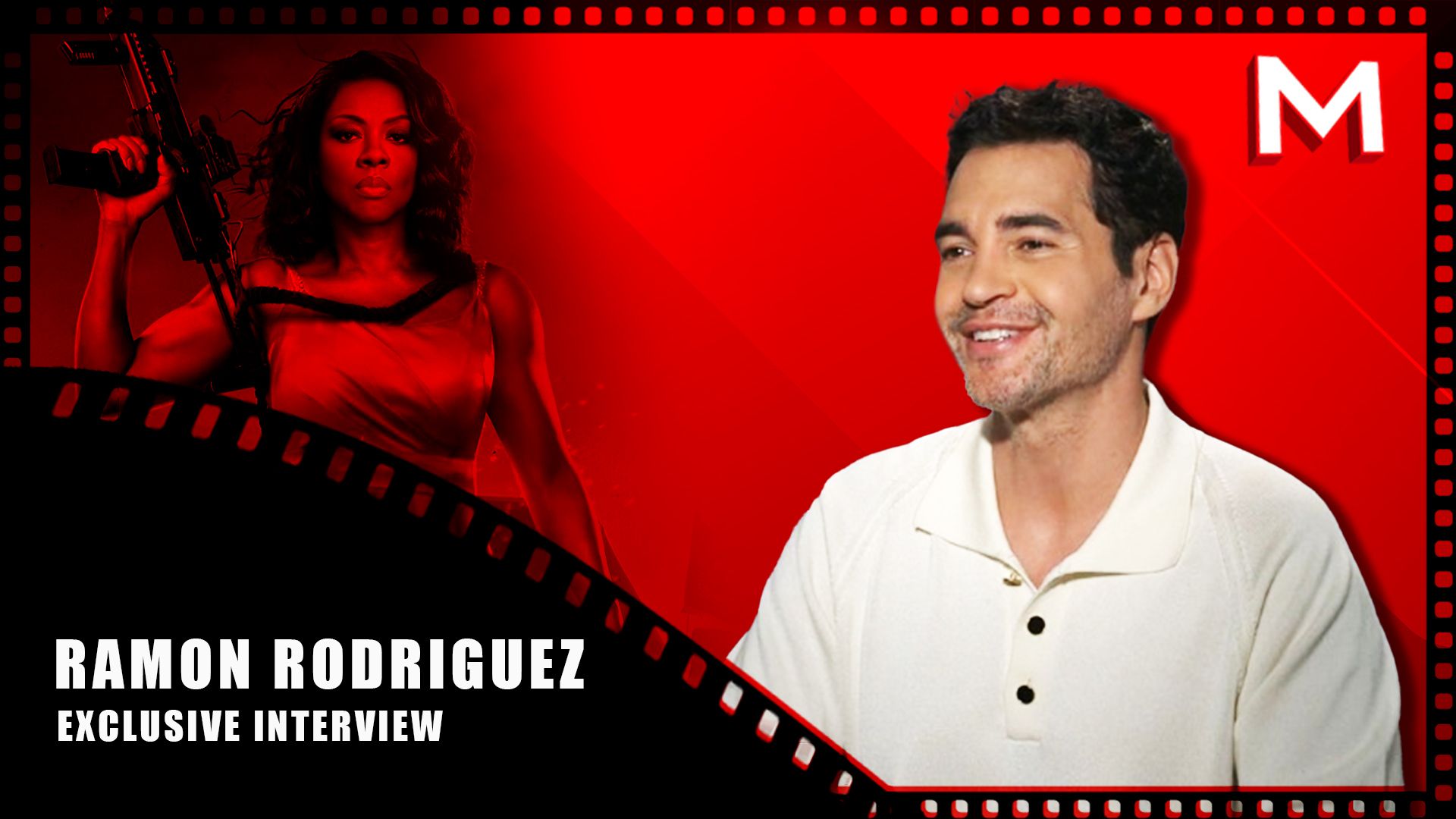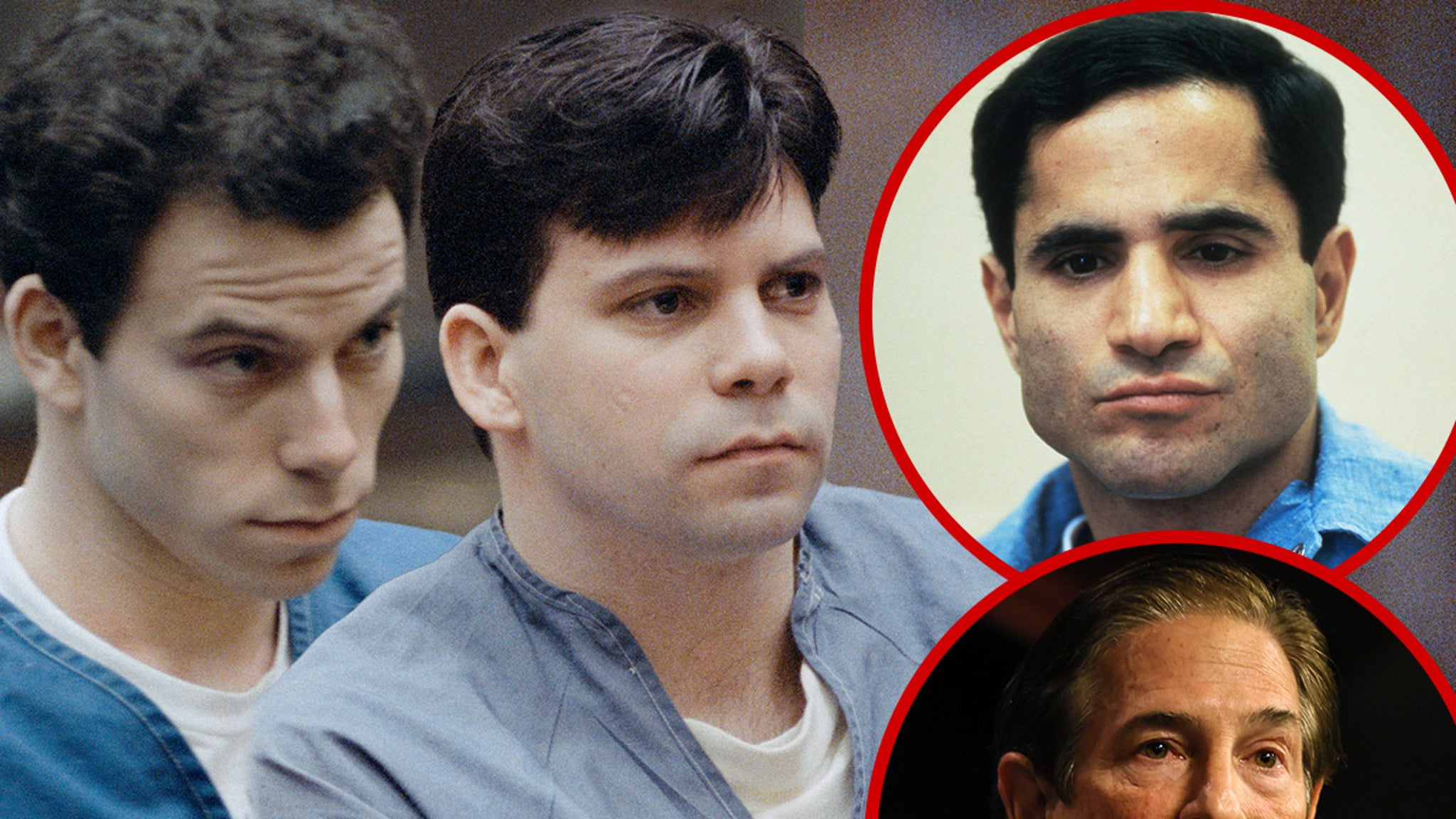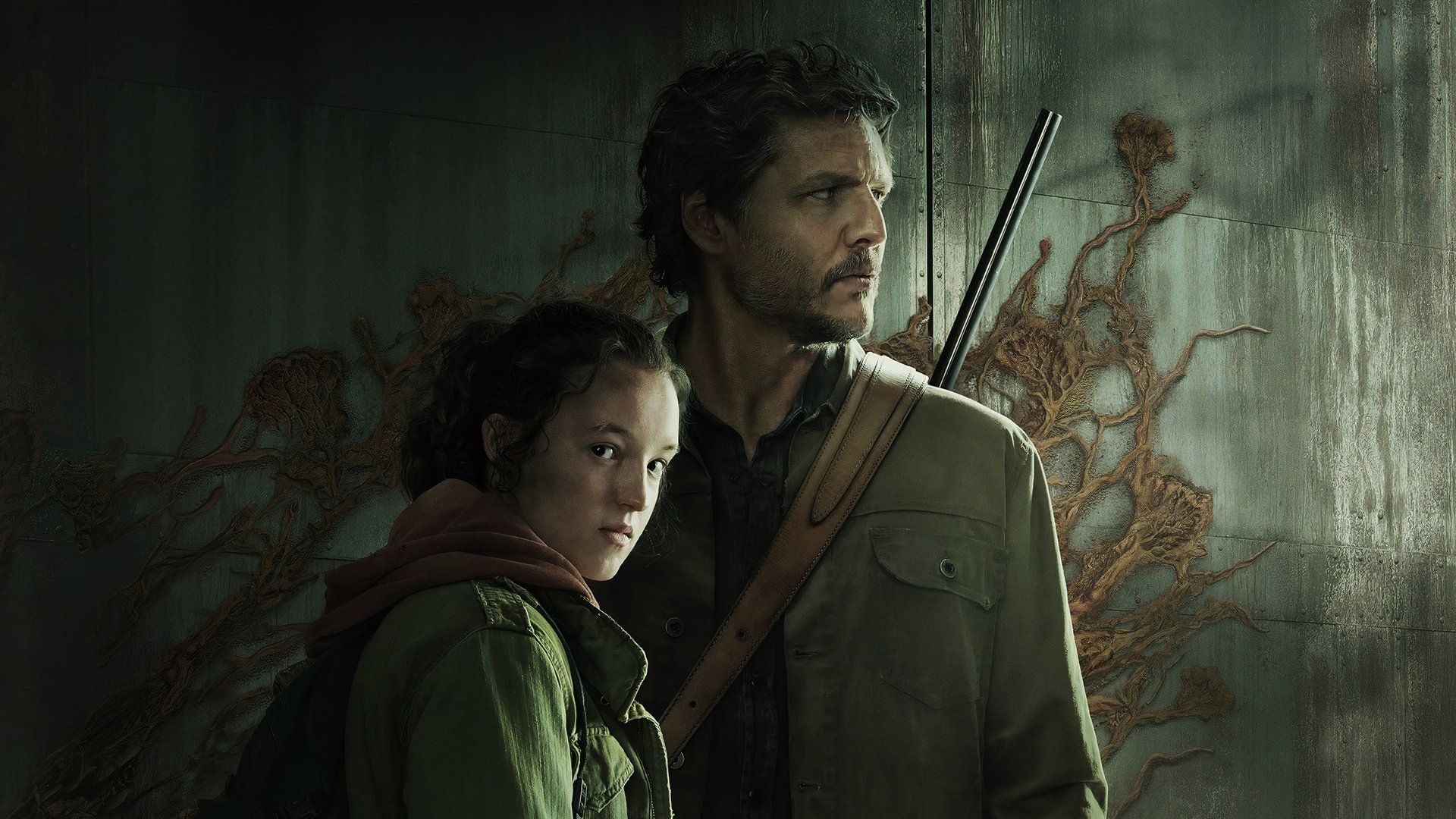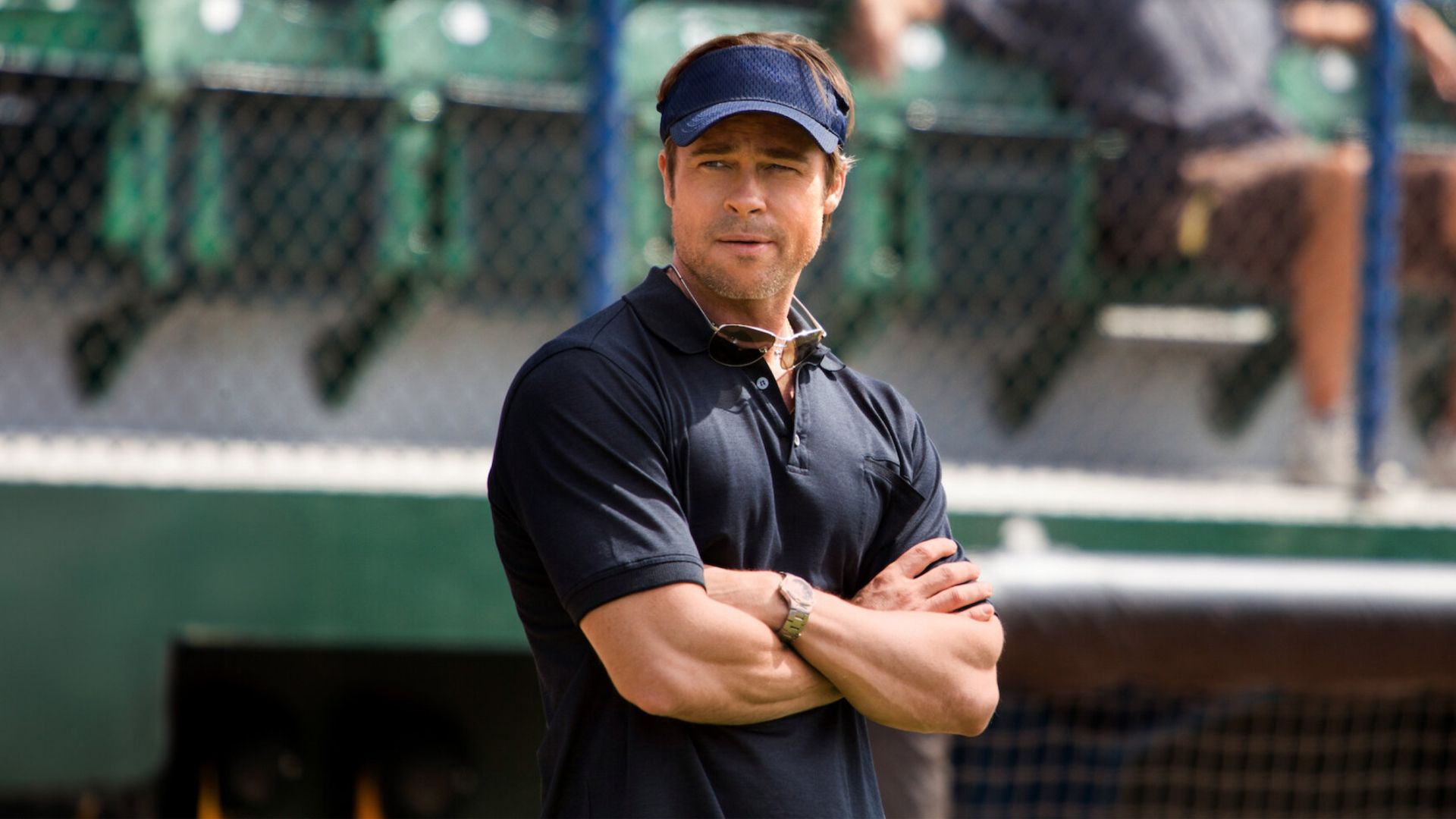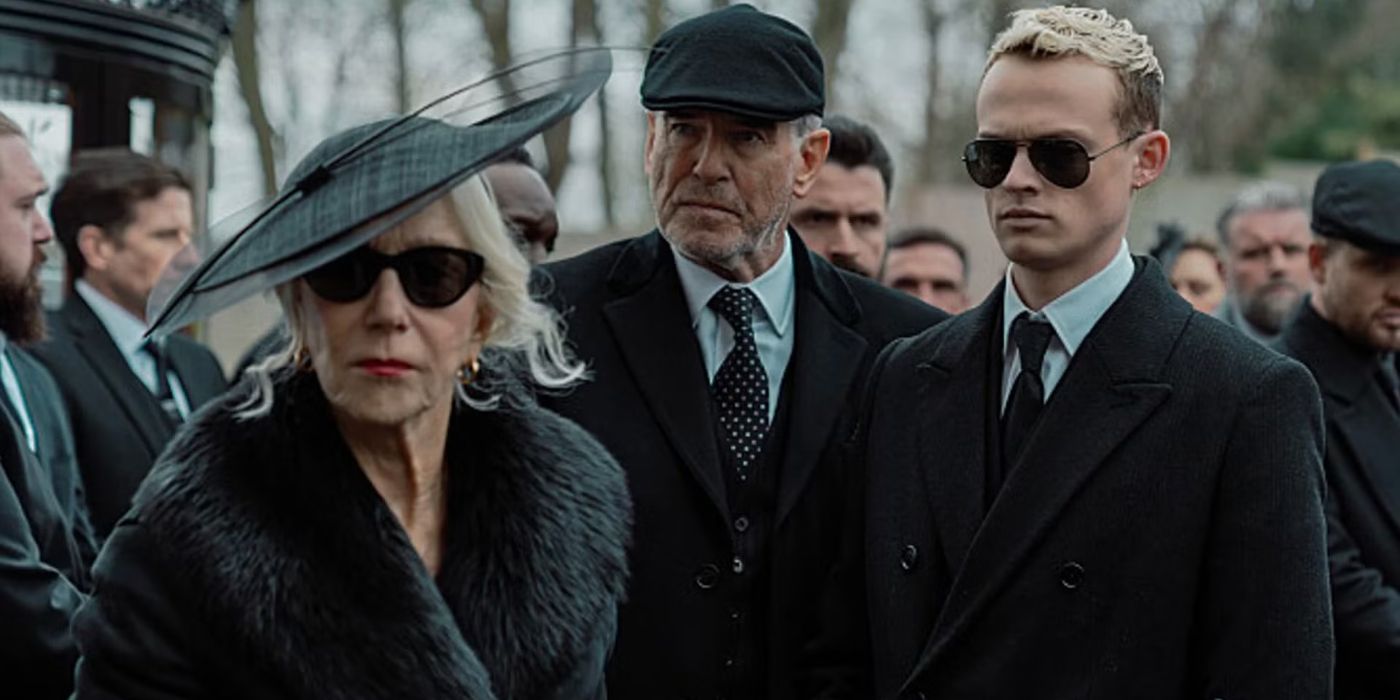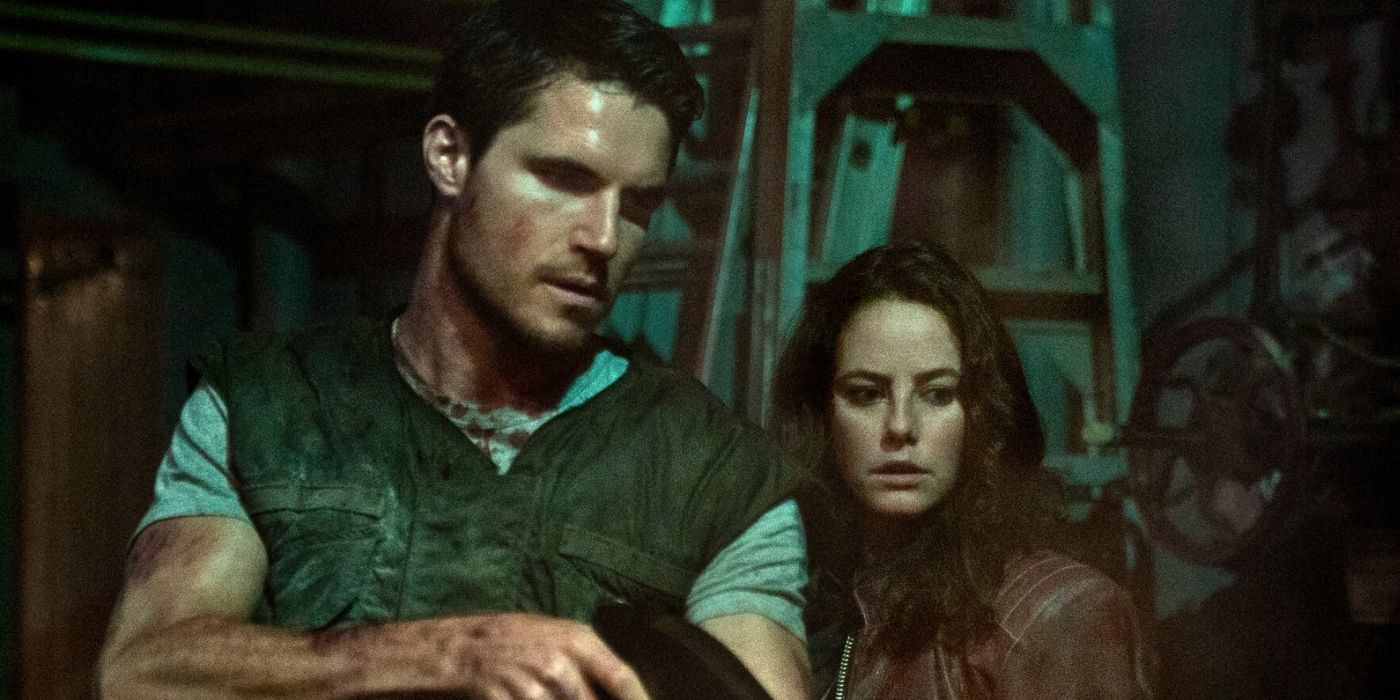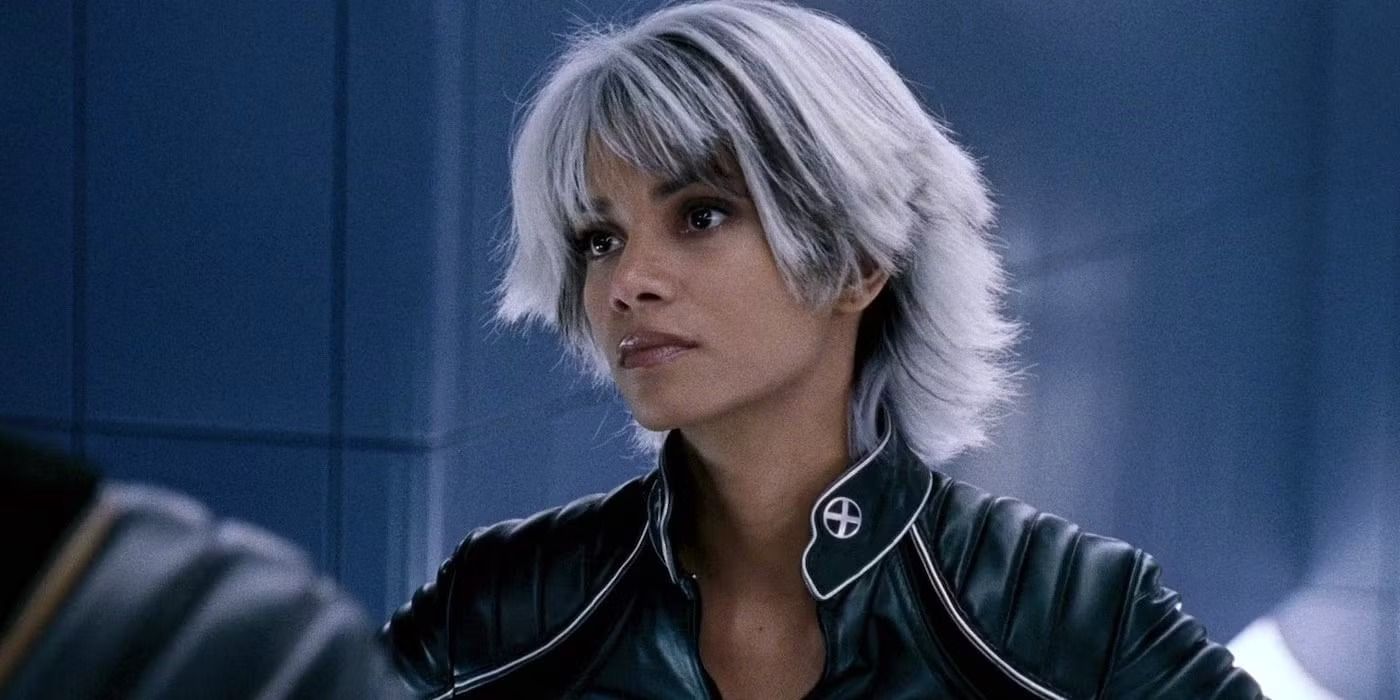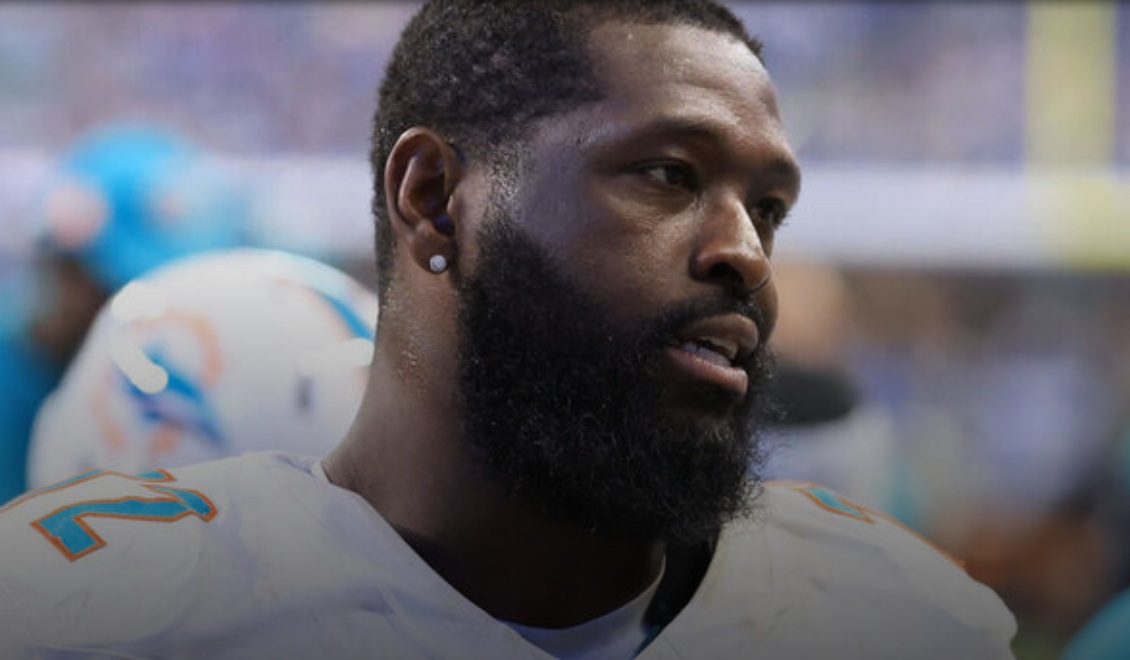Using its nuanced emphasis on faith, “Under the Banner of Heaven” gradually depicts in extensive flashback how their ways became so monstrous. The performances that sometimes are too overzealous in their manic nature—like how Culkin transforms into complete mania and guttural scripture-spewing. (It doesn’t help that by design we don’t see until later the connective tissue of how these changes came to be until into later episodes.) And while Worthington is especially stiff in a role that also calls for him to be gradually monstrous, Wyatt Russell gives the standout performance here. He uses his salesman-ready warmth and sometimes cracking voice to illustrate the growth of thinking, from why he shouldn’t have to pay taxes, to why he should have multiple wives. Like his father, he can readily claim a challenge from Heavenly Father as just more fuel for his destructive fire.
“Under the Banner of Heaven” moves about its expansive story of toxic faith with the rhythm of a true-crime page-turner, thanks to its growing list of witnesses who provide more and more background, and its select moments of action. Courtney Hunt (“Frozen River”) has an assured touch for tense standoffs that end in revealing conversations, and David Mackenzie (“Hell or High Water”) adds fire to scenes that are largely built from police questioning, while creating a robust buddy cop chemistry between Garfield and Birmingham’s unamused, non-religious outsider Bill Taba. Meanwhile the plotting stays tight, motivated by a mystery about the possible suspects seen at Brenda and Allen’s home, along with the uncertainty of where certain Lafferty brothers have vanished to in the modern timeline.
The series is so expansive that it even takes time to recount the history of Joseph Smith, his wife Emma, and the competing prophet Brigham Young, which is told in sizable snippets throughout. Used to complement what the Laffertys have come to believe, these reflections can feel more sinister and eyeopening than the regular History Channel-ready passages they resemble in production value. It’s more that the editing can be overzealous in flashing back between them, as if overemphasizing how these stories all overlap, but disorienting the viewer in the process. It’s easy to imagine “Under the Banner of Heaven” without these moments, or in so much detail. But they prove part of the show’s own wrestling with Mormonism, and its intricate albeit often horrific reckoning with messengers who use the message to serve themselves.
You can view the original article HERE.

